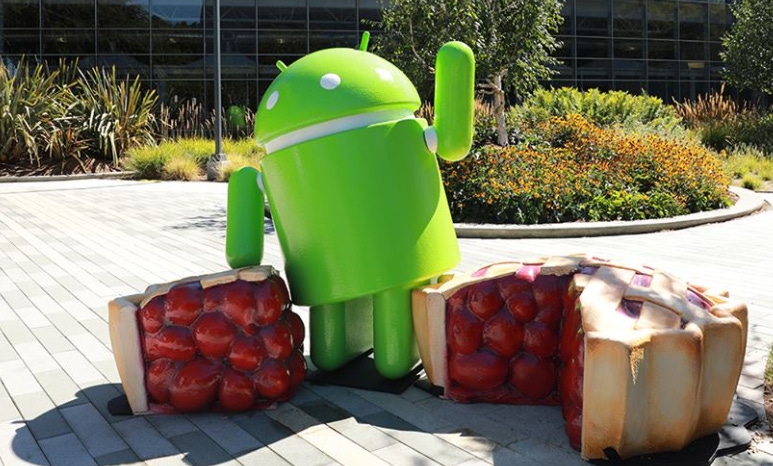Under pressure to be seen to comply with an EU antitrust ruling, Google has indicated that the only way to do so is to start charging for what was previously given away.
October 17, 2018

Under pressure to be seen to comply with an EU antitrust ruling, Google has indicated that the only way to do so is to start charging for what was previously given away.
Earlier this year Europe fined Google €4.3 billion for abusing its dominance in the smartphone OS market to force the bundling of its commercial products such as search onto every Android phone. The EC found this practice to be anticompetitive since it made it harder for any other apps to compete and this reduced consumer choice.
Accompanying its inevitable decision to appeal the fine, Google CEO Sundar Pichai insisted that the existence of Android has in fact led to more consumer choice, not less – an assertion proven by all the great Android devices you can buy. Regardless Google was given 90 days to comply with the ruling or face further fines, and we now know the nature of that compliance.
In a blog post Google VP of Platforms and Ecosystems Hiroshi Lockheimer detailed the concessions Google will be making in Europe while the appeals process is underway. In essence Google will now start charging any Android device OEM that ships into the EU for the use of its mobile apps. Furthermore it will charge separately for search and Chrome, since they’re the apps that seemed to upset the EC and, as a consequence, OEMs are free to muck about with Android itself if they want and there is talk of new commercial agreements with partners that will presumably reflect this new charging scheme.
The justification given for this move is simple: Google needs to make up for the revenue it will lose by not being able to bundle its mobile apps with Android. “Since the pre-installation of Google Search and Chrome together with our other apps helped us fund the development and free distribution of Android, we will introduce a new paid licensing agreement for smartphones and tablets shipped into the EEA. Android will remain free and open source,” said the blog.
An underlying strategy, however, may be to illustrate Google’s point about all the benefits consumers have derived from Android. By charging what it previously gave away for ‘free’ (while making loads of money via the traffic through its mobile apps, of course), Google is saying that the consequence of the EU’s ruling will be for everything to become more expensive.
This is ultimately a fight over Google’s underlying business model of given stuff away and then monetising its users. But the EC does have a point the use of a dominant position to stifle competition via forced bundling and, as the former head of Internet Explorer and Windows at Microsoft notes in the tweet below, has a strong tradition of challenging this sort of thing.
One final thing to consider against Google’s claim that, if it can’t insist all its other stuff comes bundled with Android, it has to seek direct compensation is the matter of China. Google apps have been unbundled from Android there for some time and Google doesn’t seem to be getting any compensation there. If it can do that in China, why can’t it do it elsewhere?
About the Author(s)
You May Also Like








.png?width=300&auto=webp&quality=80&disable=upscale)


_1.jpg?width=300&auto=webp&quality=80&disable=upscale)


.png?width=800&auto=webp&quality=80&disable=upscale)